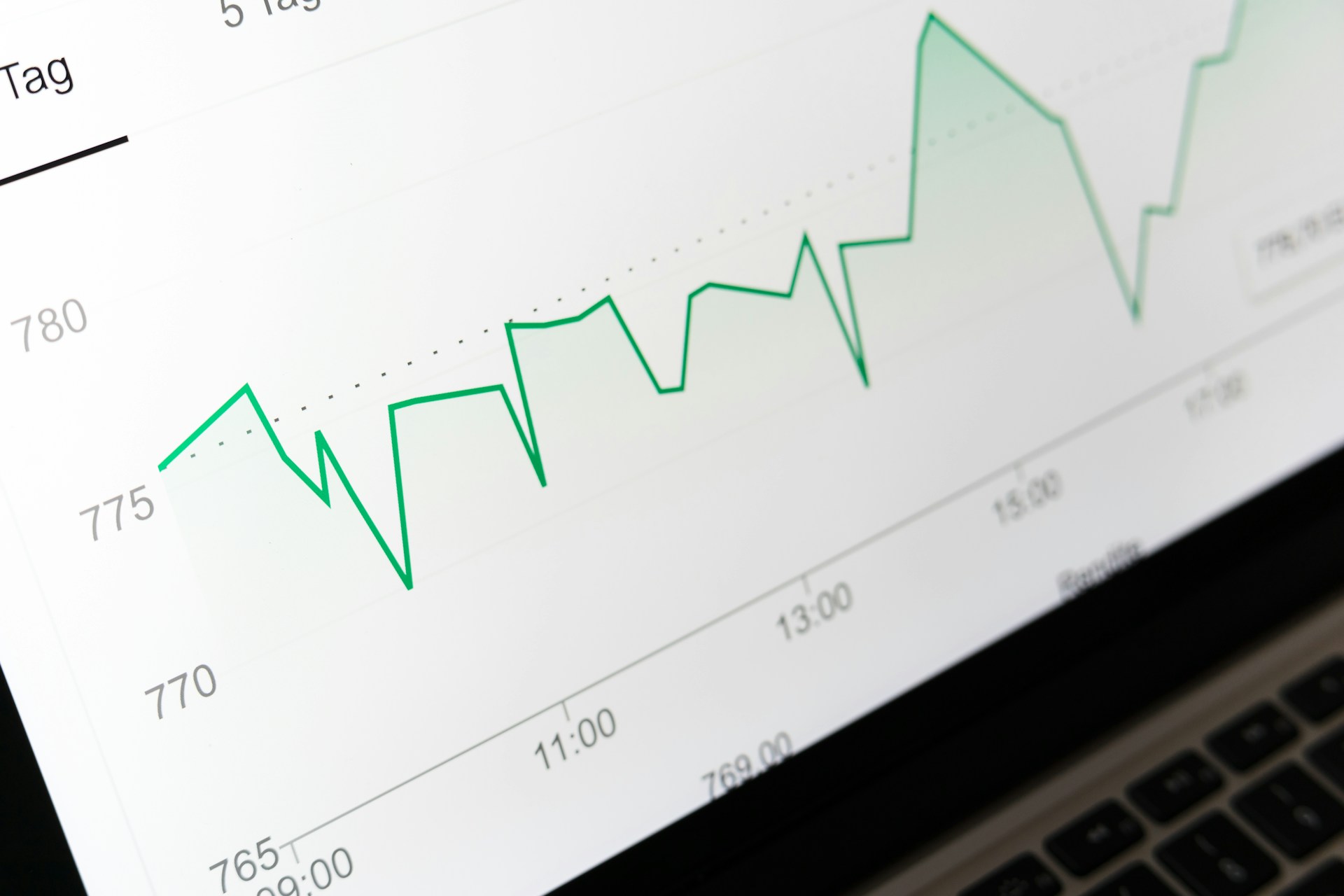How Insights are Reshaping Marketing Strategies
In today’s competitive marketplace, data-driven insights have emerged as one of the strongest ammunition a marketer could desire. Businesses can get deep insights into the behaviors of clients to improve targeting and create effective marketing with such information. Here’s how data is changing the way businesses connect with their customers and drive marketing outcomes.
Quick Links
Enhancing Customer Understanding
The understanding of your clients is the key to good marketing. By applying data analytics from various touchpoints such as social media, interactions at the website, and purchase history, marketers can draw a complete picture of each segment of clients. The use of analytics enables firms to tailor messaging that fits their target audience and identifies explicit pain points.
For example, if the data suggests a specific portion of your audience is always browsing through product pages but never really buying, you might develop some special content or offer incentives to provoke them into buying. Finally, data lets marketers look ahead and guess what their clients want from them so the value is delivered with each touch.
Optimizing Marketing Campaigns
Marketers are no longer making intuitive decisions in campaigns; instead, marketers can optimize campaigns for maximum effect with insights driven by data. Also, through real-time performance analytics-such as click-through rates, conversion rates, and engagement-marketers can also determine what works and what does not.
For example, you might be running a digital ad and see that certain ads create more engagement. Analytics can help you then make an informed decision to move more of your money toward those top-performing advertisements. This is how you’re going to attempt to get your money’s worth from your marketing budget by making sure efforts yield the highest possible return on investment.
Personalizing the Customer Journey
Today, candidates expect experiences to be personalized. Analytics can let marketers make the journey more personalized by analyzing consumer patterns of activity. It may mean email suggestions relating to previous purchases or showing recommendations within the ads from browser history.
It can bring enormous customer satisfaction and brand loyalty. The moment your customers feel being understood, they want to do more business with you, purchase your products, and may even refer friends to your services. Data-driven personalization benefits both businesses and consumers.
Improving Predictive Capabilities
Analytics will not just be good to retrospectively analyze the performances but also for predictive modeling. With analytics, marketers can take historical data and predict what will happen in the future for example, which products will be more popular in the coming months or how customer preferences may shift. Predictive power is something of immense value when trying to devise marketing strategies in a bid to keep well ahead of the competition.
It could be done, for instance, by analyzing the seasonal shopping trend data, a retailer estimates a peak demand time and stocks inventory accordingly that would suffice to supply in that period. Predictive analytics gives a roadmap to businesses to make proactive rather than reactive decisions.
Optimizing Marketing Spend
The optimization of the budget is the biggest challenge in marketing. Data analytics assists marketers in being more productive and works to ensure funds are spent in areas where they will yield the highest return. Performance measurement and tracking provide insight into which channels and activities drive the most profit for the marketer.
This shall help businesses step out of general marketing strategies to focus on the channels most effective for the intended target demographic. Efficiency at this level serves a dual purpose: not only does it save money, but it will also make marketing campaigns more effective.
Conclusion
Analytics are the face of marketing, equipping an organization with better acumen to relate well with its customers. Data-driven marketing is about improving customer insight, refining campaigns, personalizing interactions, and predicting trends to manage and simplify budgets in today’s digital ecosystem. The adoption of analytics will give businesses agility to be competitive and innovative in order to better cater to more meaningful experiences for their customers.
These are the companies that will be able to use data effectively and change the way they do marketing, building a foundation for long-term success.
10 Ways to Build a Strong Online Reputation for Your Online Business
We live in a society where almost everything has shifted to the digital world, including shopping,…
0 Comments12 Minutes
Marketing Your Events: How to Keep Your Attendees Engaged?
Undoubtedly engagement at an event is significant for its overall success, and modern technology…
0 Comments12 Minutes
How to Manage Multiple Reddit Accounts
Reddit is more than just a social platform; with 82% of Zoomers trusting the platform’s review,…
0 Comments3 Minutes
6 Ways to Fund Your Digital Marketing Business
Digital marketing is one of the most lucrative online careers, but just like any industry, there…
0 Comments7 Minutes
Web Application Development: Trends and Best Practices 2024
Web applications are the solutions that are at the core of today’s enterprises. The fast pace of…
0 Comments8 Minutes
Top Benefits of Having a Skilled Webflow Team
With a website today being the virtual version of a shop within the digital world, in reality, it…
0 Comments9 Minutes
The Impact of AI on SEO in 2024 and Best Practices
In 2024, AI is not just another trend in SEO; it’s a transformative tool that's reshaping digital…
0 Comments4 Minutes
Boost Your Search Rankings with These Free Keyword Tools
Introduction In these days’s competitive virtual panorama, SEO plays an essential role in riding…
0 Comments10 Minutes








